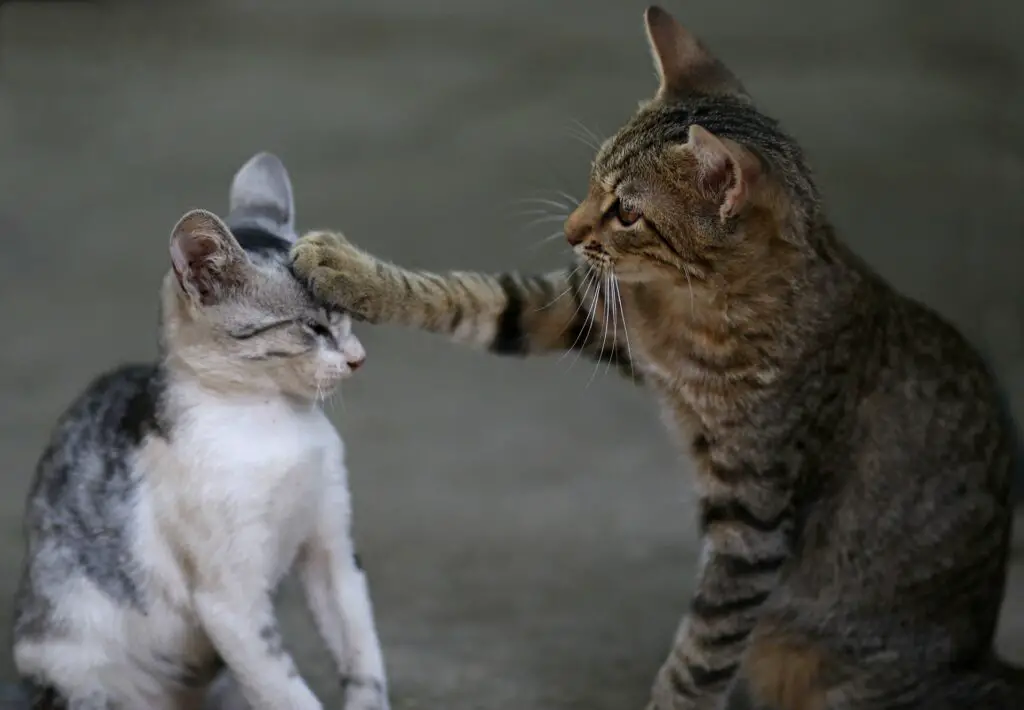
Cats are known for their independence and mystery, but recent research has revealed that they are pretty intelligent and have remarkable problem-solving abilities.
In fact, many experts now believe that cats are the ultimate problem solvers, thanks to their unique type of intelligence.
One of the key ways in which cats show intelligence is through their ability to understand cause and effect.
Cats are able to figure out how to get what they want through trial and error, and they are able to remember the solutions they come up with for future use.
For example, if a cat wants to get to a toy on a high shelf, it may figure out how to knock it down by batting at it with its paw.
This type of intelligence is known as “instrumental learning” and is a key aspect of feline intelligence.
Cats also have an impressive memory, which allows them to remember the solutions they come up with for future use.
Studies have shown that cats can remember the location of hidden objects for up to 16 hours, which is longer than dogs and even some primates.
This type of memory is known as “spatial memory” and is crucial for cats to be able to navigate their environment and find food.
Cats also have a unique type of intelligence known as “tactical deception”.
This means that cats are able to manipulate their human companions in order to get what they want.
For example, a cat may use its cuteness or charm to convince its human to open a door or give it a treat.
This type of intelligence is a result of the cats’ evolved hunting skills and their ability to adapt to living in close proximity to humans.
In addition to their problem-solving abilities, cats also have an impressive ability to learn new tricks and tasks.
For example, cats can be trained to do a variety of tricks such as fetching, playing dead, and even walking on a leash.
This is a testament to their ability to understand cause and effect and their willingness to learn new things.
Furthermore, cats have a rich emotional life, which means that they are able to experience a wide range of emotions such as happiness, anger, and fear.
They also have the ability to empathize with their human companions and respond accordingly.
For example, a cat may sense that its human is feeling sad and come to comfort them.
This type of emotional intelligence is known as “theory of mind” and is a key aspect of feline intelligence.
It’s important to note that not all cats are equally intelligent and some cats may be more adept at problem-solving and learning new things than others.
However, all cats have the potential to show intelligence and can improve their problem-solving abilities with the right training and stimulation.
Lee Harris
Latest posts by Lee Harris (see all)
- Homemade Cat Cookies: A Purr-fect Treat for Any Occasion - February 7, 2024
- Chic Feline Elegance: Crafting a Multi-Tiered Black Cat Cake - February 6, 2024
- Purr-fectly Delicious: Black Cat-Themed Donut Delight - February 5, 2024

